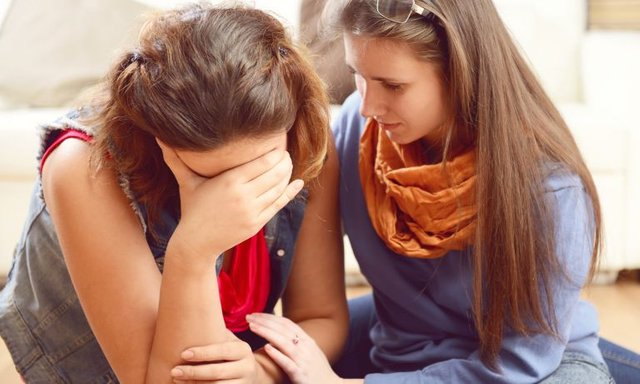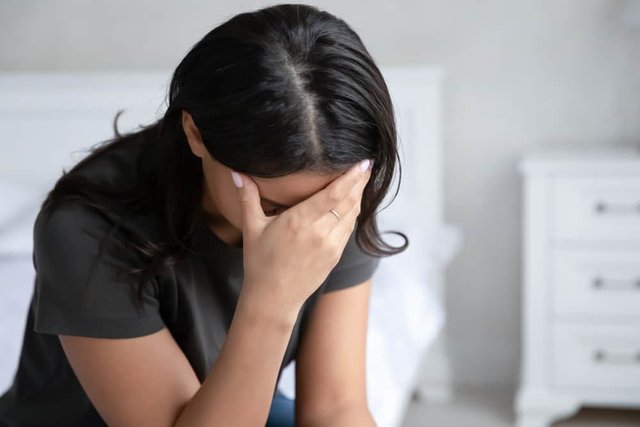Sometimes, the death of a loved one may not be the cause of your grief. This can be difficult to accept, but it is natural and normal. The process of mourning involves learning to live without your loved one. The death process requires rebuilding your life and figuring out how to cope with the loss. It's essential to remember that grief is never a simple process. It can lead to depression or even to confusion between depression and grieving.
Although grief is always related to the death of a loved one, it can also be the result of other loss situations. For instance, if your loved one died suddenly and unexpectedly, you may be grieving for the loss of your spouse or child. You may also be feeling grief due to changes in your health or financial security. The pain associated with these changes can make it feel as if you'll never get over it. While your life continues without your loved one, your thoughts may be occupied by disbelief, hallucinations, and confusion.
Although grief is usually triggered by the death of a loved one, other life events may also trigger it. Divorce, new babies, or changes in your lifestyle can also trigger grief. In such cases, the loss may not be physical, but may be emotional. For example, you might be grieving for how your life will change in the future. You may experience confusion and other mental states.
There are many reasons why you may experience grief. Some are personal, and others are personal. Your loved one's death may trigger grief. The death of a family member can be triggered by many things, including a divorce, changes in your health, or even your way of life. Your loss is not always physical, and it may include thoughts about future plans or how your life will change without your loved one. You might also experience confusion or hallucinations about your loved one.
Often, grief is triggered by other things in your life. You may feel the need to take care of others, go to work, or even be with your family and friends. But this grief is more than sadness. You may feel a variety of other emotions, such as anger, guilt, or fear. As the loss of a loved one continues to linger, your feelings and behaviors will likely change and you will be dealing with an array of emotions.
A loved one's death may not be the cause of your grief. The loss of a loved one may be due to a variety of reasons, including an anticipated death, a long illness, or an unexpected change in your financial situation. However, it does not mean that you can't grieve. It is important to remember that grief is a process that changes over time.

